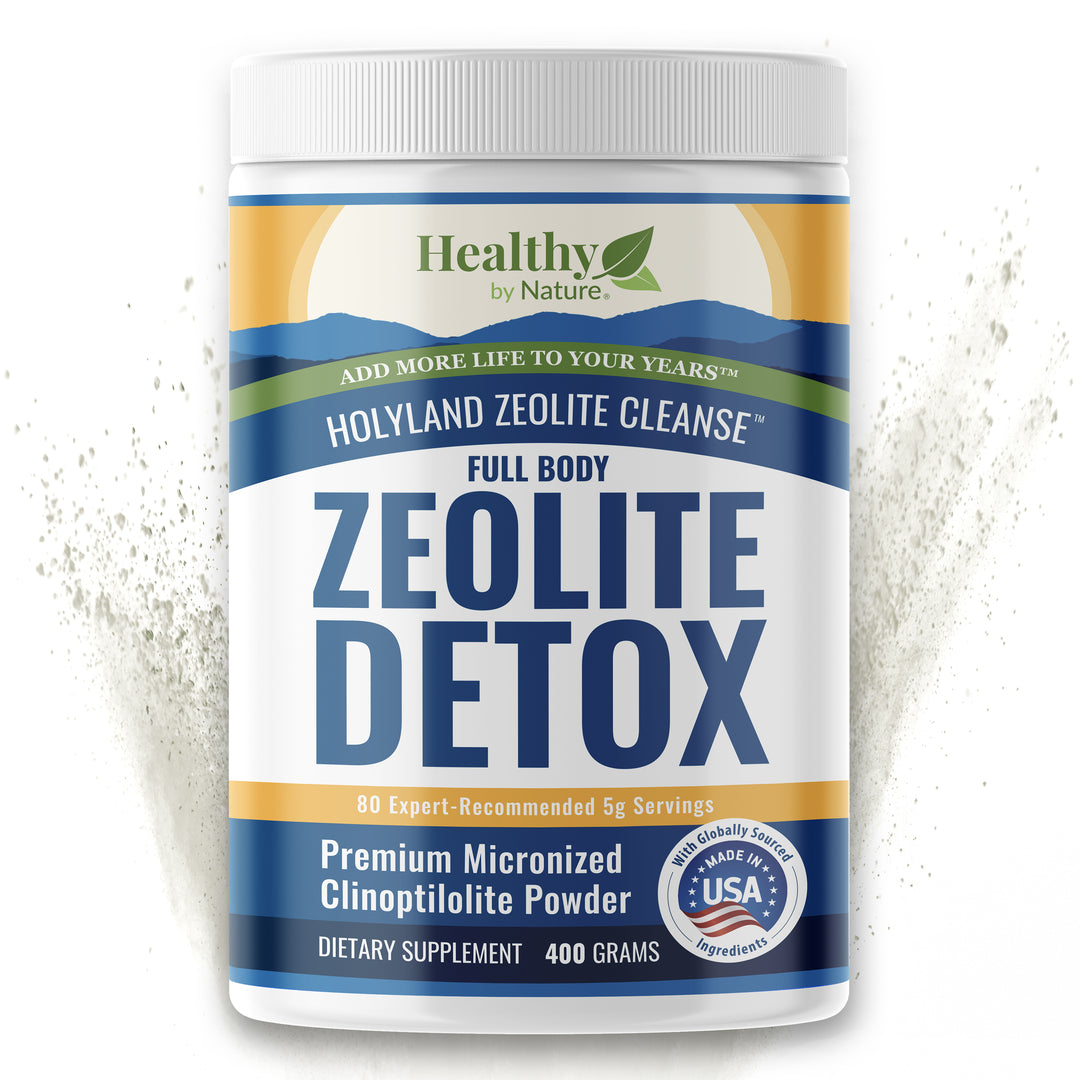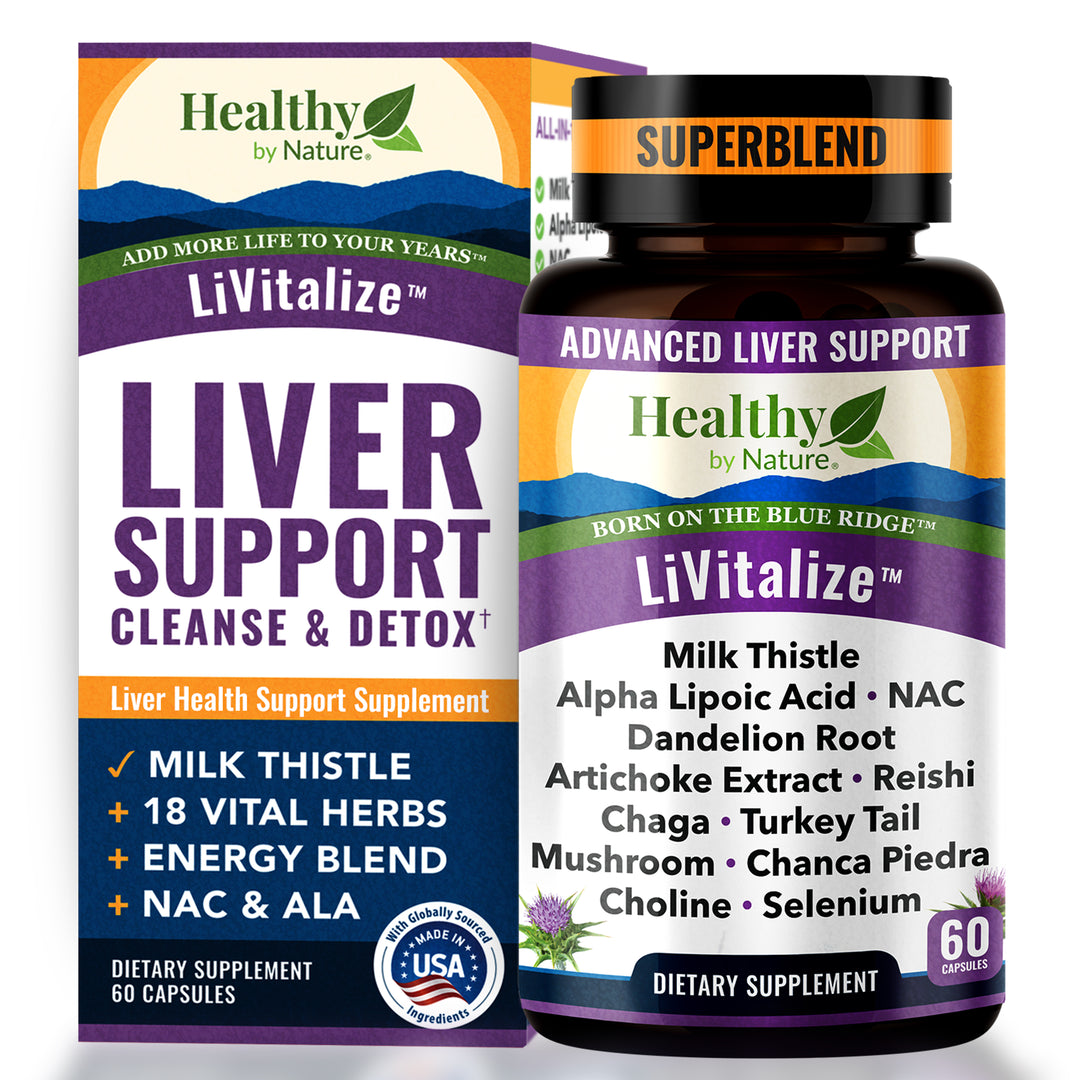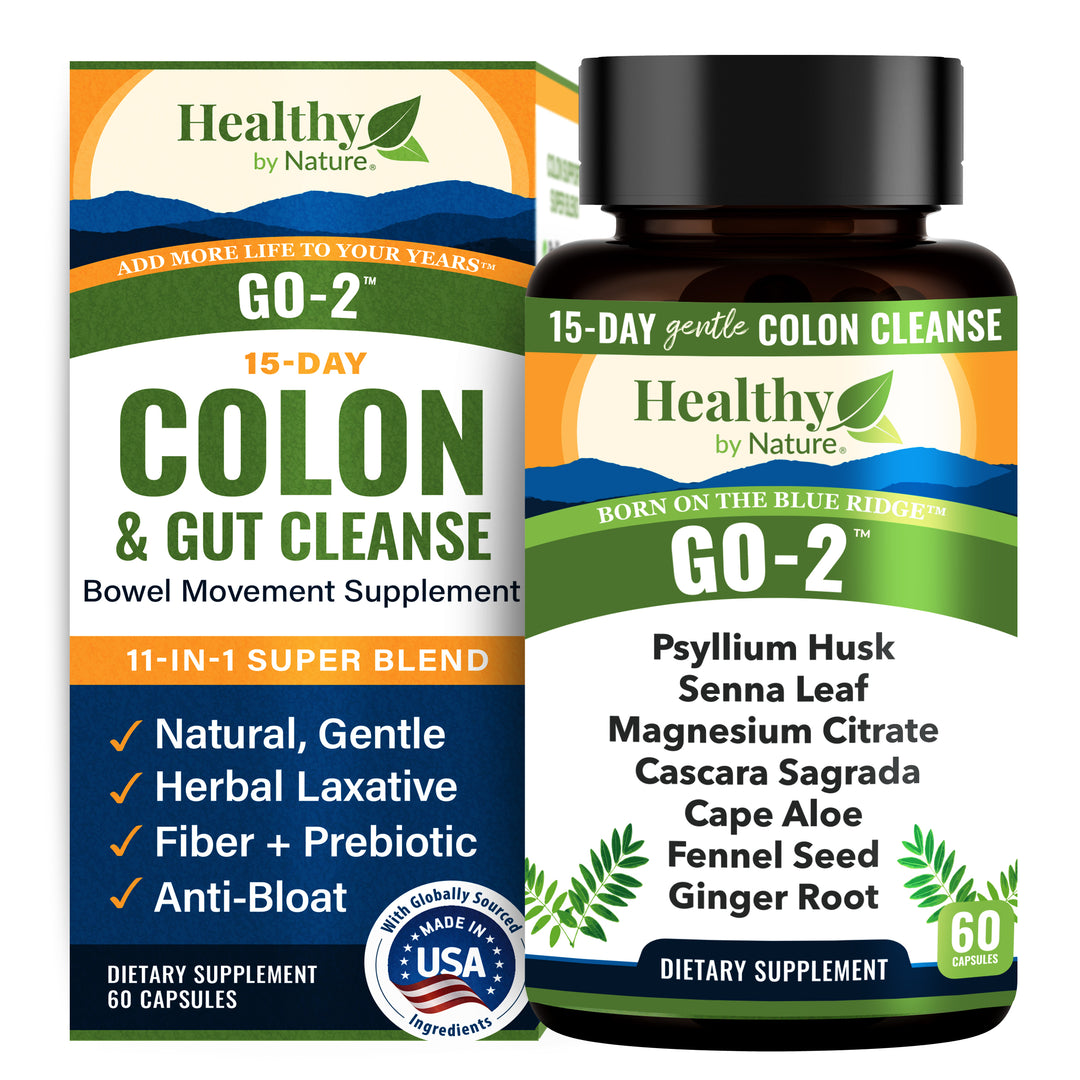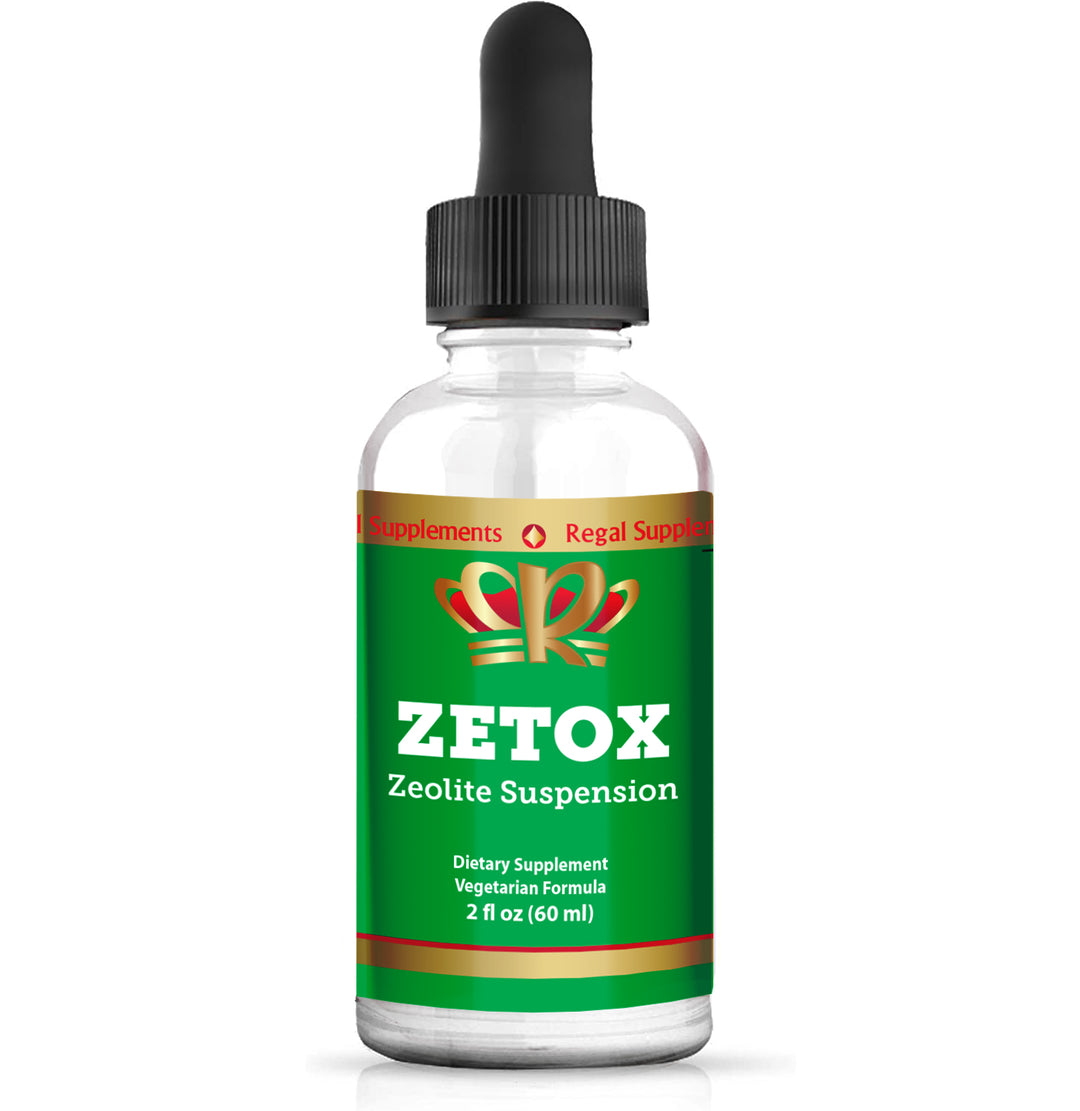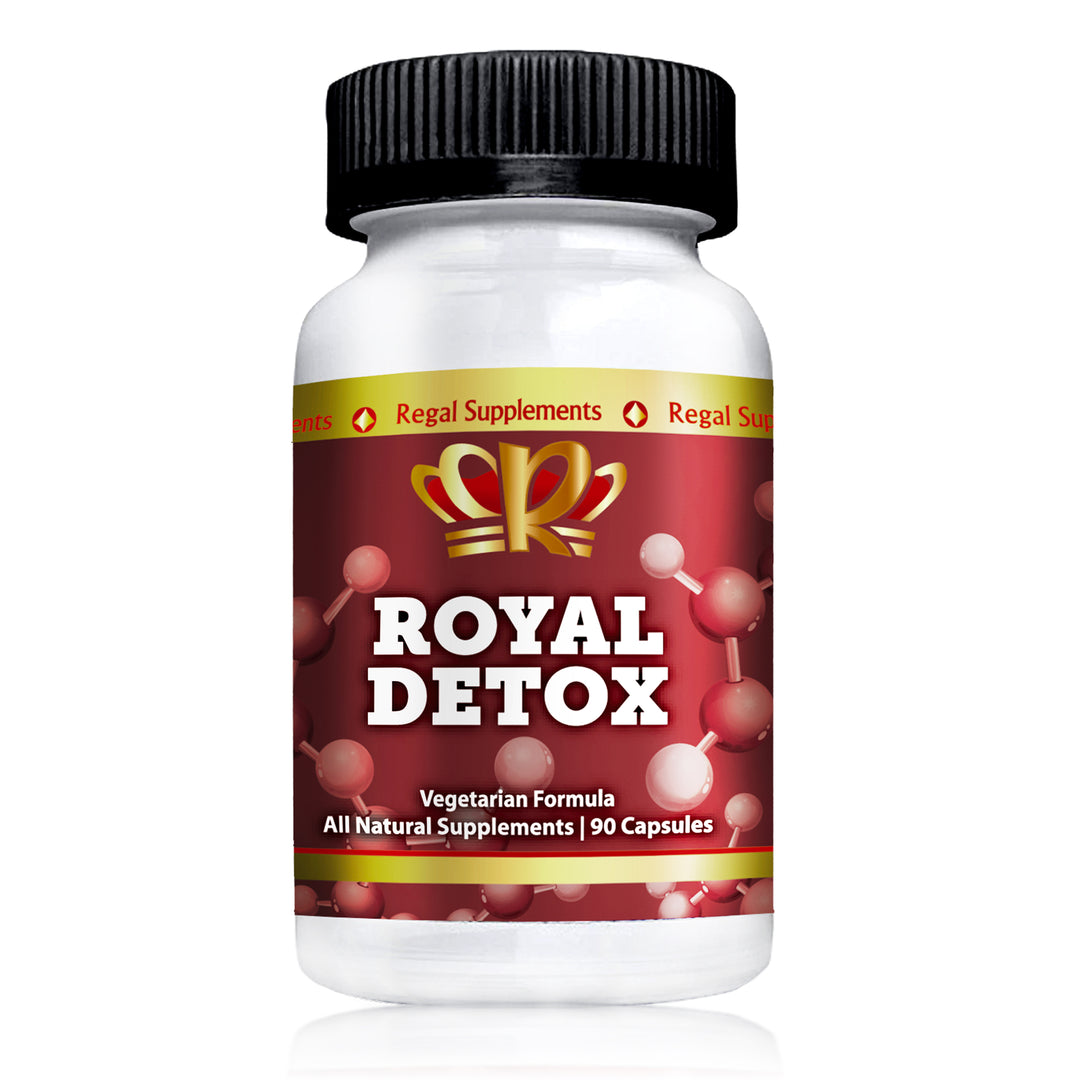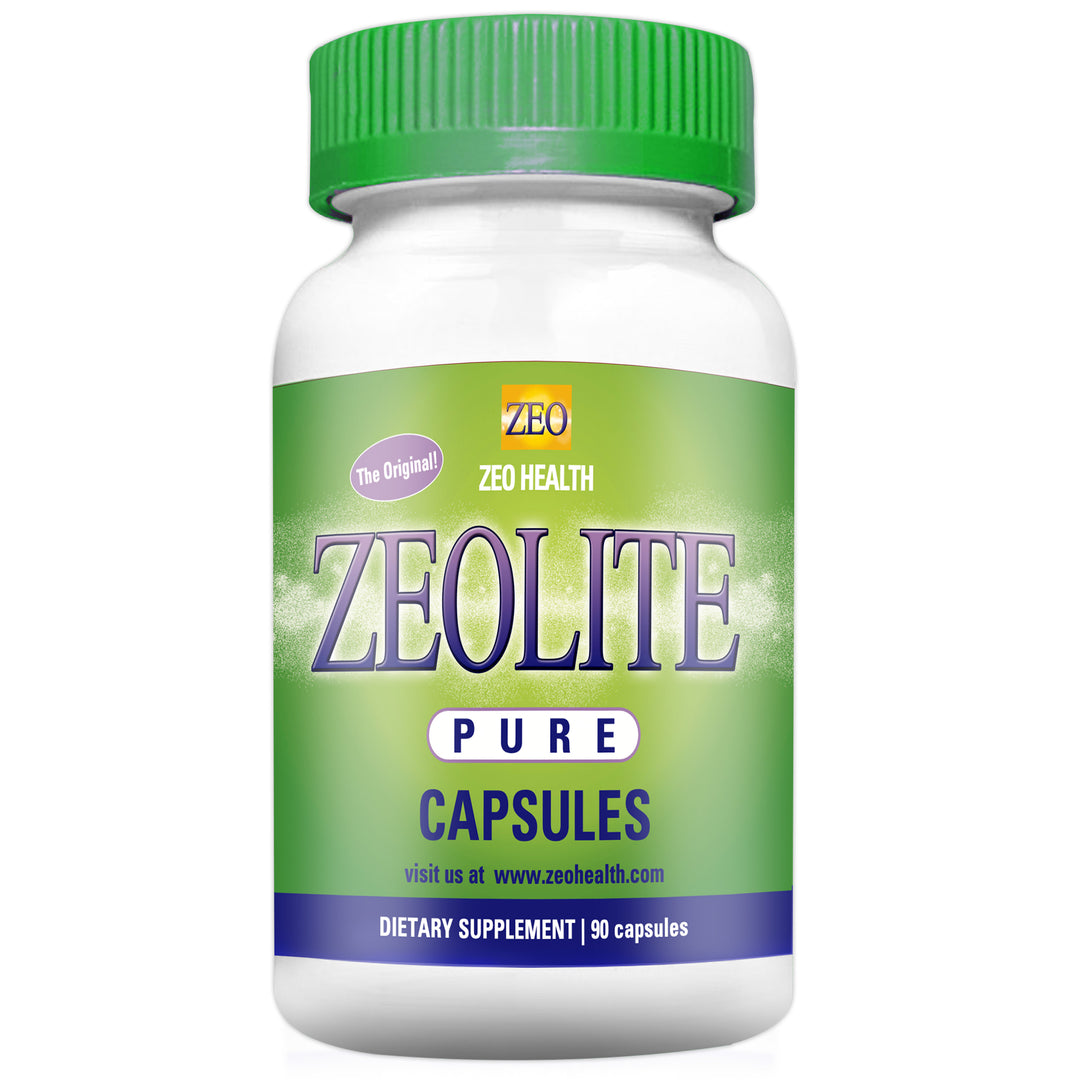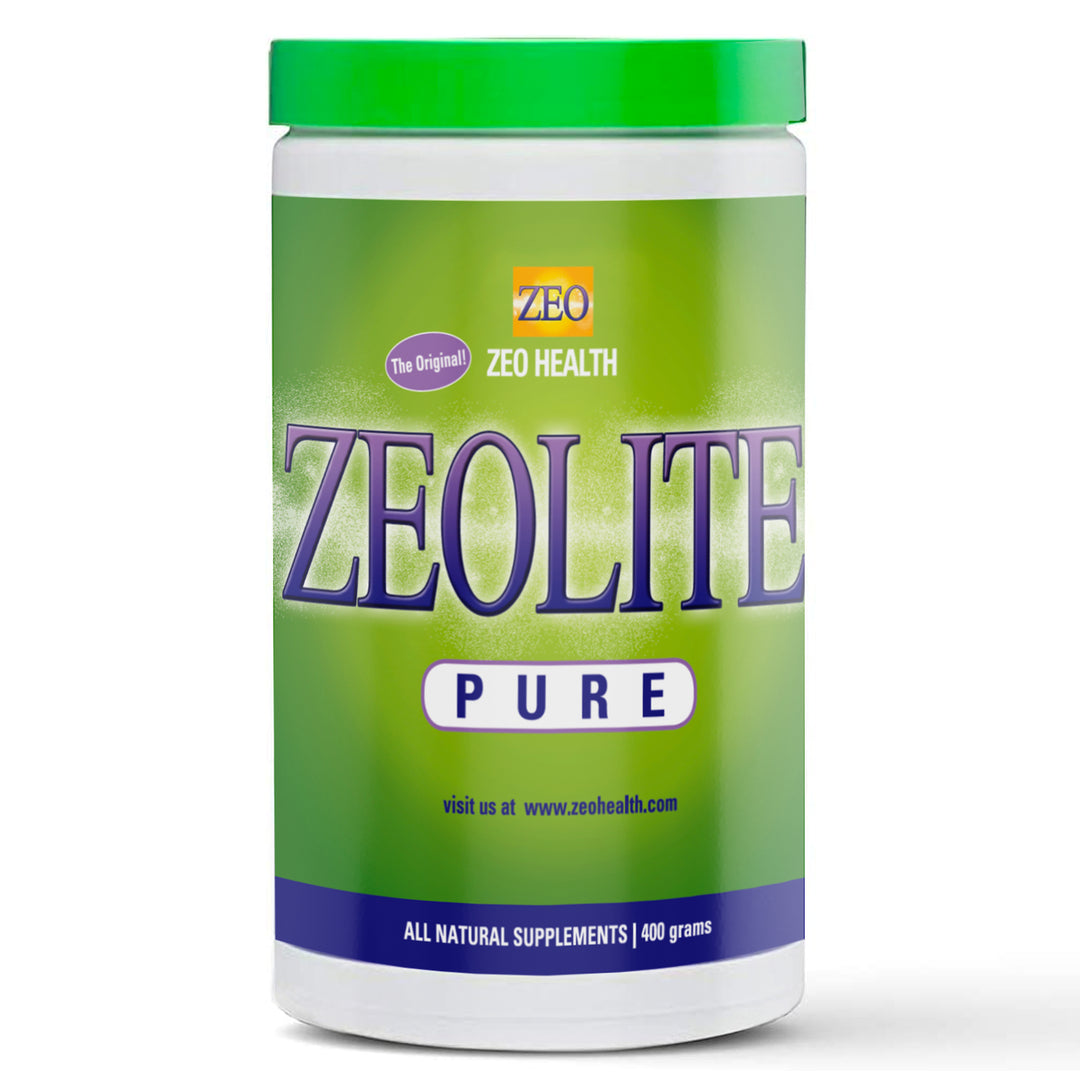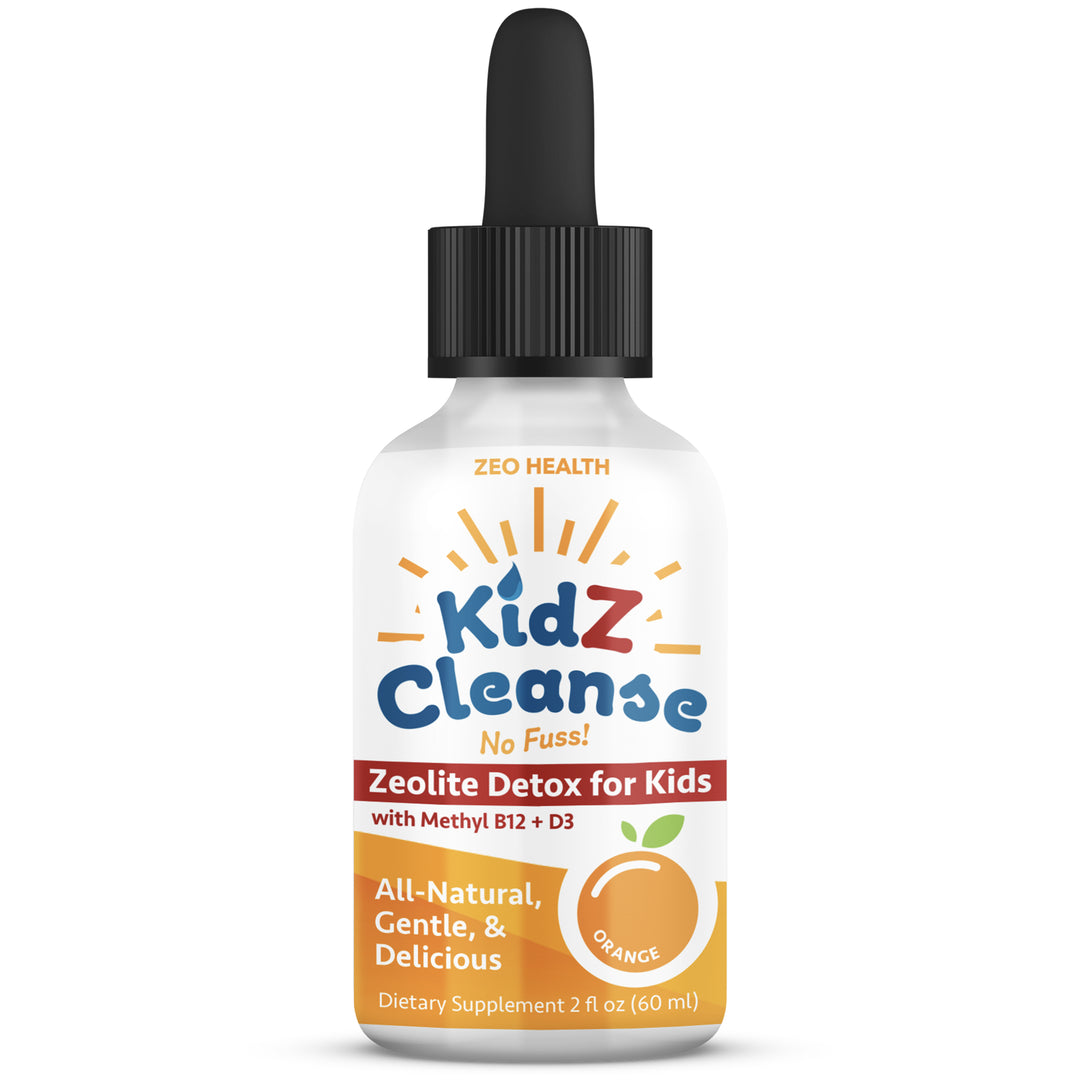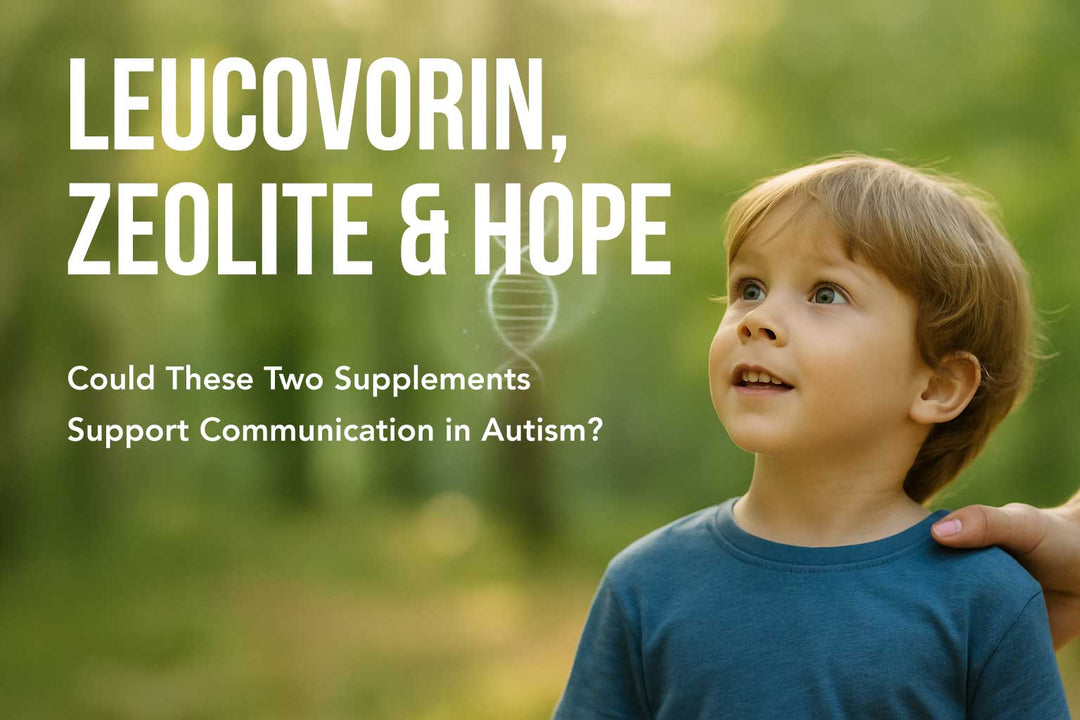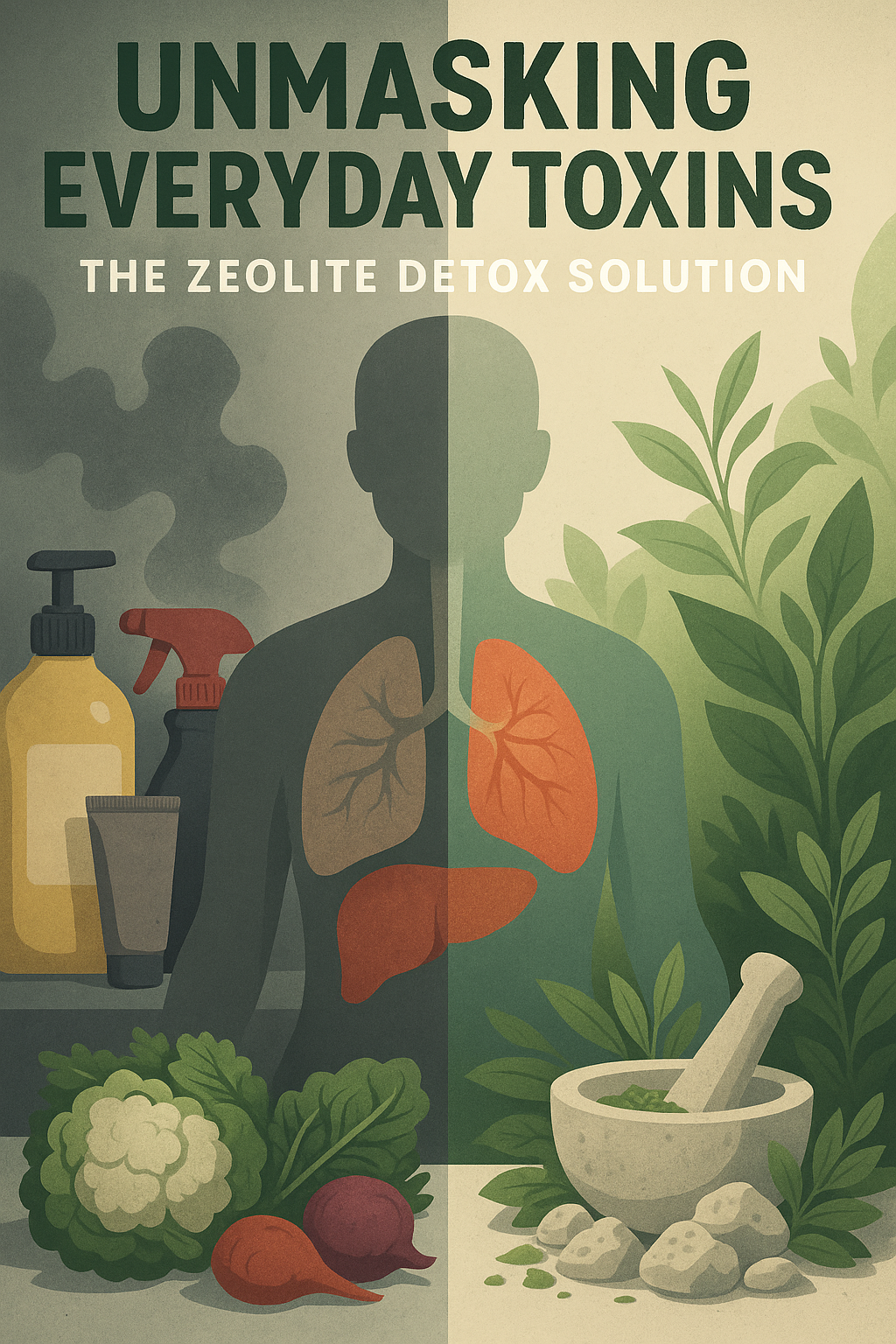Unlocking the Secrets of Your Second Brain: The Gut-Brain Connection and Its Impact on Well-being
Dr. Sumi Says:
More than 2000 years ago, Hippocrates supposedly declared that “all diseases begin in the gut”. There is growing evidence now that supports the connection between gut health and brain health. The healthier our gut is, the more stable our moods and the less likely we are to suffer from anxiety and depression.
It isn’t uncommon for clients that I work with to list “improved mental health” as one of their top concerns. When we treat a person’s gut, we are likely to have greater success with mental health symptoms as compared to treating their symptoms with conventional medication alone, which has a less than 50% chance of success.
By Dr. Sumithra Nadarajah, Functional Medicine/Holistic Healthcare Consultant
Understanding the Gut-Brain Connection
Have you ever made a decision by “going with your gut” ? That’s likely because you’ve been getting signals from your “second brain” which is located within your digestive system and termed the enteric nervous system (ENS).The health of our ENS is closely linked to the health of our brain or central nervous system (CNS). While the ENS may not be able to help us compose a love note, it is in constant communication with the CNS.
Researchers are finding evidence that irritation in the gastrointestinal system may send signals to the brain that trigger mood changes. This can explain why those who suffer from IBS or digestive symptoms like chronic bloating and are more likely to suffer from anxiety and depression as well.
Since our two brains “talk” to each other, it becomes very important for us to address and treat gut symptoms if a person is suffering from depression, anxiety or mood disturbances.
The Gut Microbiome : Is it Important to keep the Bugs in our Gut Happy?
We are made up of more bacteria than we are human cells. Research shows that the typical adult human body consists of about 30 trillion human cells and about 38 trillion bacteria (1). These bacteria, viruses, archaea, and fungi and other organisms, referred to as the Gut Microbiome, exist in a peaceful state of balance or “symbiosis”.
When the bugs in our gut are healthy, we are happy. When their balance becomes disturbed, we shift into a state of gut “dysbiosis” which puts us at risk for mood disorders and many other diseases. In children with gut dysbiosis, they are at higher risk for autism spectrum disorders (2).
What Causes our Gut Microbiome to Become Unhappy?
The bugs in our gut are happiest when they coexist in a state of symbiosis. It is likely a combination of several factors that causes them to become imbalanced.
This has a strong and direct impact on our gut microbiome. An inflammatory diet that is high in refined sugars, processed foods and poor quality fats will disrupt the balance in our gut microbiome and allow for bad pathogenic bacteria, fungus and parasites to thrive.
Overuse of antibiotics has been linked in many studies to disruption of microbial balance in the gut (3). Antacids and proton pump inhibitors, used for reflux, will reduce growth of friendly bugs in our stomach and gut (4).
Chronic stress, lack of sleep and exercise, smoking and alcohol will lead to shifts and changes in our gut microbiome. This in turn causes our gut to become inflamed which then sets our body up for inflammation and other chronic health issues (5).
Signs that your Gut Microbiome is Unhappy and Needs some Attention
Since the health of our gut plays a crucial role in our overall health, an unhealthy gut microbiome, often referred to as gut dysbiosis, can lead to an array of symptoms:
- Depression, anxiety
- Autism Spectrum
- Moodiness, irritability, trouble with concentration
- Struggling to fall asleep or stay asleep
- Needing more sleep than usual
- Frequent night time waking
- Frequent bloating, indigestion, gas
- Constipation or diarrhea
- Inconsistent bowel movements
- Abdominal pain, nausea
- Acne
- Eczema
- Psoriasis
What Can We Do to Make our Gut Microbiome Happy?
Fortunately, there are many ways that we can help our gut bugs thrive. These do not cost a lot of time or money! Implementing just a few changes consistently will greatly improve out gut microbiome which will result in a greatly improved quality of mind and life.
- Simply adding just one extra serving size of a vegetable while you have your meals will increase fibre, nutrients, minerals and antioxidants!
Tip : If you’re having a salad for lunch, add just a tablespoon more to increase the amount.
- Pro Tip : Make it a rainbow - add colourful peppers, purple cabbage
- Increasing movement can be as simple as walking your dog a little further every evening after dinner
- Do some stretches as you check your email while standing up
- Switch to an exercise gym ball as you sit at your desk to work
- Get an adjustable desk that allows you to stand while you work
Tip : Walk a little faster on your daily walks
Pro Tip : Add a little ankle weights on your walks
These simple changes done consistently will improve blood flow to your gut, which will provide your Gut Microbiome with essential oxygen and nutrients in order to thrive.
Start your morning with a tall glass for water.
Tip : add a squeeze of lemon for added nutrients and flavour
Pro Tip : If you do not have reflux or stomach ulcers, add a splash of organic apple cider vinegar to your morning water.
From personal and professional experience, this one is the most difficult to consistently implement. However, a little change done regularly goes a long way.
Our Gut Bugs love it when we sleep enough and when we get deep restful sleep.
Tip : Make your bedroom inviting. Keep the bedroom free of clutter. Light some candles or turn on a soothing night lamp before dinner so that you have a cozy bedroom waiting for you at bedtime.
Pro Tip : Do not get into bed with your gadget and turn off your wifi as you sleep. Invest in a good alarm clock. We love the sunrise alarm clock.
Constant chronic low level stress with bouts of high stress is the curse of the modern day man. Learning to mitigate stress periodically during the day helps our gut bug friends stay happy and thriving.
Tip : Pick an activity that relaxes you that you can spend 5 minutes a day doing. This will train your mind and nervous system to be more resilient to stress. Popular examples include using apps for breathing and guided meditation exercises. We love the Insight Timer app.
Pro Tip : If you already have an established relaxation practice, try increasing the duration of practice for deeper relaxation and more lasting stress relief that is sustained throughout your day.
Summary
Our second brain, the gut, plays a big role in regulating our mood and wellbeing. It will serve us well to take care and tend to our friendly bugs with tenderness the way we would a small sprouting garden.
Sources:
- Sender, R., Fuchs, S. and Milo, R. (2016). Revised Estimates for the Number of Human and Bacteria Cells in the Body. https://www.ncbi.nlm.nih.gov/pmc/articles/PMC4991899/
- Appleton, J. (2018). The Gut-Brain Axis: Influence of Microbiota on Mood and Mental Health. https://www.ncbi.nlm.nih.gov/pmc/articles/PMC6469458/
- Zhang, S. and Chen, D. (2019). Facing a new challenge: the adverse effects of antibiotics on gut microbiota and host immunity. https://www.ncbi.nlm.nih.gov/pmc/articles/PMC6511407/#:~:text=A%20growing%20number%20of%20studies,depression%2C%20autism%2C%20and%20superinfection%20in
- Hedayat, K., Lapraz, J. and Schuff, B. (2019). Dysbiosis. https://www.sciencedirect.com/topics/medicine-and-dentistry/dysbiosi
- Madison, A. and Kiecolt-Glaser, J.K. (2019). Stress, depression, diet, and the gut microbiota: human–bacteria interactions at the core of psychoneuroimmunology and nutrition. https://www.ncbi.nlm.nih.gov/pmc/articles/PMC7213601/




